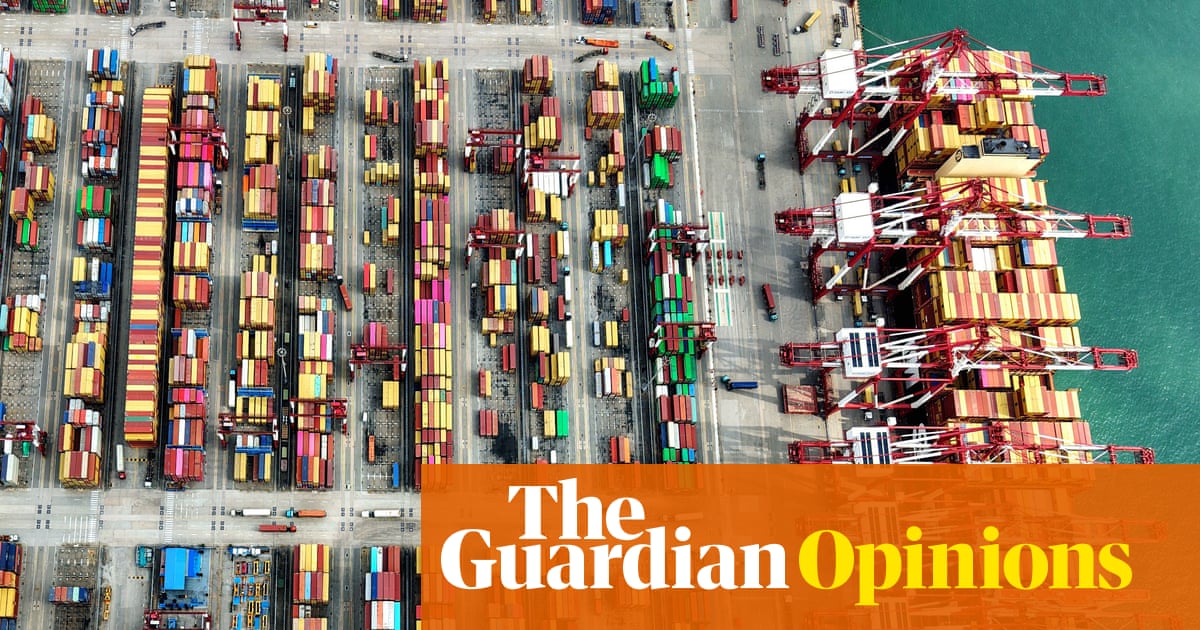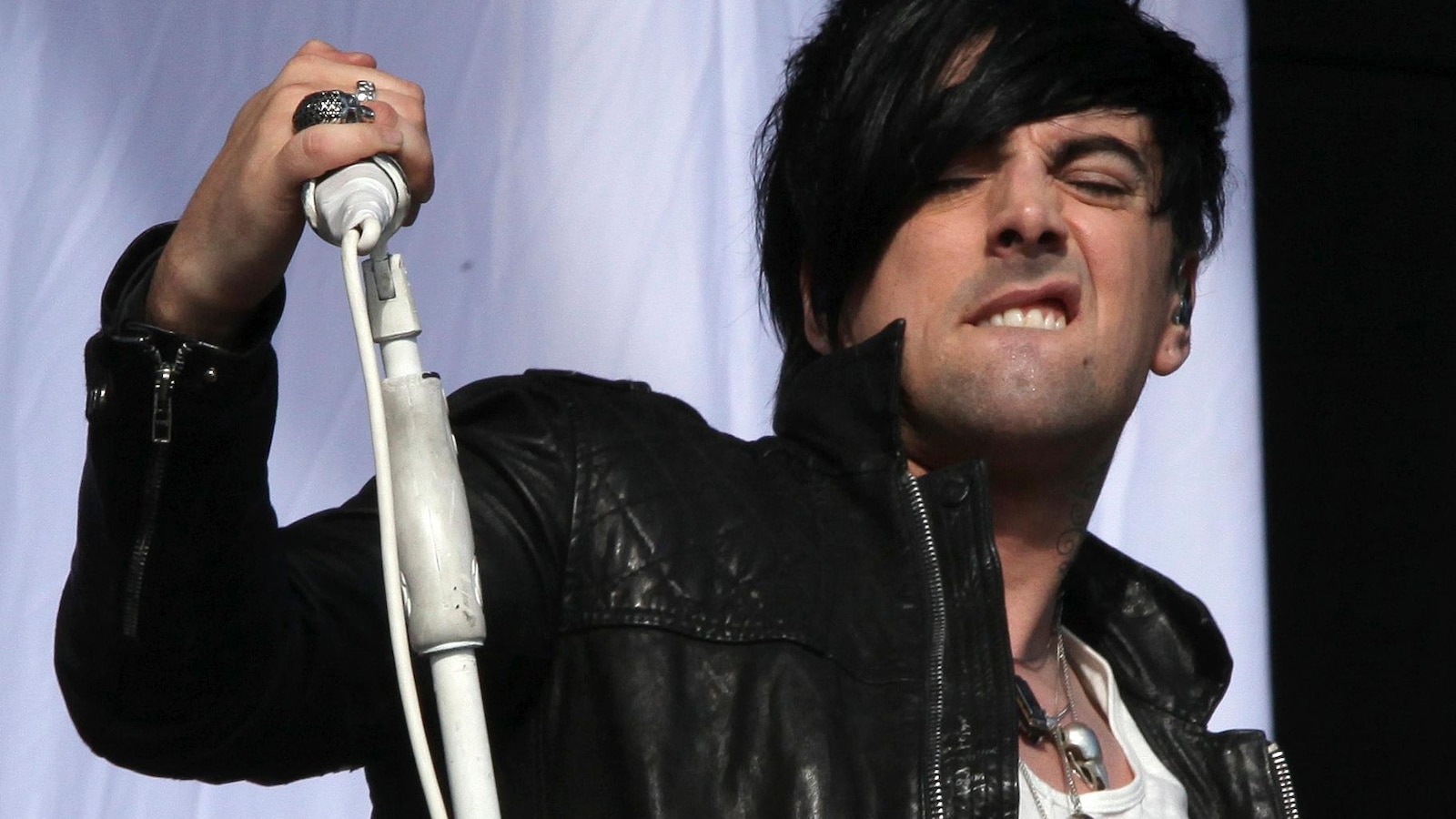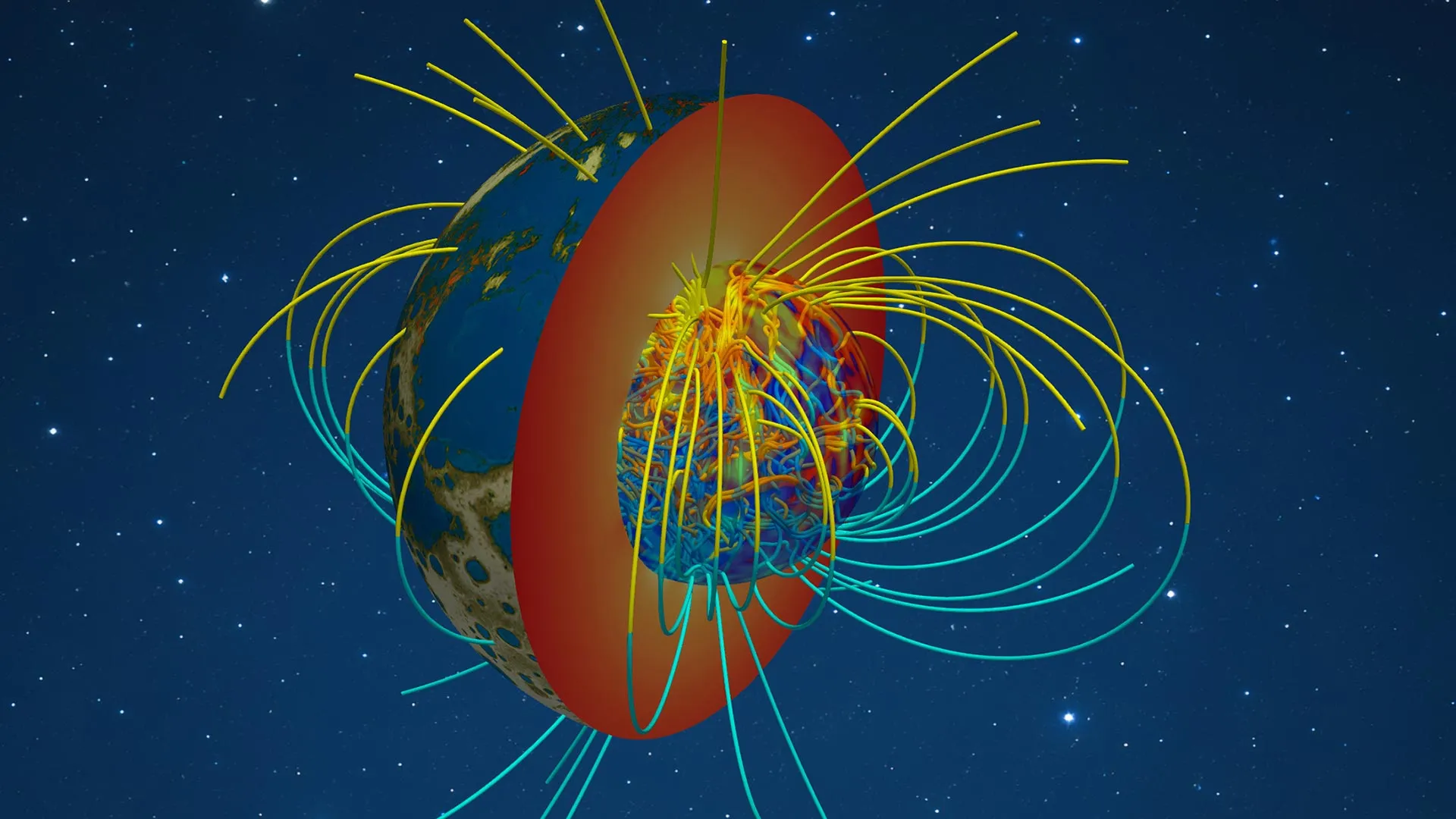The 11th flight test of Starship is preparing to launch as soon as Monday, Oct. 13. The launch window opens at 7:15 p.m. ET.
Monday’s launch is the fifth flight test in 2025. The spacecraft is expected to take astronauts to the moon and eventually…

The 11th flight test of Starship is preparing to launch as soon as Monday, Oct. 13. The launch window opens at 7:15 p.m. ET.
Monday’s launch is the fifth flight test in 2025. The spacecraft is expected to take astronauts to the moon and eventually…

The Memorandum of Understanding (MoU), signed by IUCN and the Government of Mongolia, will enhance cooperation between the Parties on biodiversity conservation, rangeland restoration, and sustainable land management. The agreement was signed during the IUCN World Conservation Congress (WCC) at the Mongolia Pavilion by IUCN Director General Dr. Grethel Aguilar and H.E. Batbaatar Bat, Minister of Environment and Climate Change of Mongolia.
This MoU provides a general and guiding framework for cooperation between the Parties, defining areas and forms of collaboration with the aim of strengthening Mongolia’s leadership in conservation and sustainable use of natural resources and enhancing IUCN’s contribution to Mongolia’s national and international environmental goals. It achieves this by establishing a foundation for cooperation on restoration opportunities mapping, capacity-building, multi-stakeholder dialogues, and joint advocacy for integrated approaches to land, biodiversity, and climate action.
The MoU comes as Mongolia prepares to assume the Presidency of UNCCD COP17 in 2026, where rangelands, drought resilience, and integrated land management will be at the top of the global agenda. The agreement with IUCN sets a framework for collaboration, while also promoting synergies with IUCN tools as well as biodiversity and climate commitments under the Rio Conventions.
UNCCD COP17 is set to take place in Ulaanbaatar, Mongolia, in late 2026. This major global convening will bring together UNCCD’s 197 Parties in a crucial global forum to accelerate action against desertification, land degradation and drought. As one of the most affected countries by desertification, with nearly 77 percent of its land degraded, Mongolia will leverage COP17 to drive solutions for land restoration, sustainable land management and resilience-building across the world.
COP17, set during the International Year of Rangelands and Pastoralists (IYRP) — declared by the United Nations General Assembly and championed by Mongolia — will build on efforts to promote the sustainable management, restoration and conservation of rangelands.
Upon the signing of the MoU, Dr. Grethel Aguilar, the Director General of IUCN, said: “IUCN is proud to strengthen its partnership with Mongolia at this historic moment. Mongolia’s leadership on rangeland restoration, Nature-based Solutions, and sustainable dryland management is exemplary and provides inspiration for the global community. This agreement ensures that IUCN can bring its scientific expertise, policy experience, and broad membership to support Mongolia’s priorities during COP17 and beyond.”
H.E. Batbaatar Bat, Minister of Environment and Climate Change of Mongolia, similarly reflected on the significance of the signing: “This MoU reflects Mongolia’s deep commitment to safeguarding our rangelands, strengthening community livelihoods, and promoting international cooperation on nature and climate. By working closely with IUCN, we can advance our flagship initiatives and ensure that COP17 delivers bold, practical solutions for the challenges of desertification, drought, and biodiversity loss.”
Mongolia joined IUCN as a State Member in 2015 and has since engaged in joint efforts on protected and conserved areas, ecosystem restoration, drylands management, and global environmental governance. This MoU represents further strengthening of the relationship between IUCN and Mongolia, as well as a deepened commitment by both Parties to advance conservation in East Asia for the benefit of both people and nature.

Victoria Beckham has recently weighed in on…

QUICK FACTS
What it is: NGC 6000, a spiral galaxy
Where it is: 102 million light-years away in the constellation Scorpius
When it was shared: Sept. 29, 2025
Here’s a story for the ages — or maybe a story of the ages.

Apple released iOS 26 on Sept. 15, and the update brought a new Liquid Glass redesign, call screening and many hidden features to your iPhone. But when Apple released iOS 18 in 2024, it brought a simple change to Photos to make it easy…

The home loss to USF, the road losses at No. 3 LSU and No. 4 Miami, were all gut punches to a squad many considered…

Little more than 48 hours passed last week between a warning from the IMF chief, Kristalina Georgieva, that “uncertainty is the new normal” and Donald Trump’s latest tariff onslaught – this time aimed at China.
Markets plunged on Friday after Trump threatened to levy punitive additional tariffs of 100% on Chinese goods in retaliation for Beijing’s blocks on exports of rare earth minerals.
The world’s finance ministers and central bankers will meet in Washington this week for the annual meetings of the IMF and World Bank.
In her curtain-raiser speech for the gathering, Georgieva rightly pointed out the global economy has proved more resilient than some feared at the time of the spring meetings in April, when the world’s policymakers were transfixed by the chaos emanating from the White House.
Part of the reason for that has been “front loading”: Trump’s intention to jack up tariffs was no secret, and many companies ran up inventories in advance and started to rejig their supply chains.
Another explanation is that the US’s trading partners have in general preferred to use a combination of flattery and capitulation in the face of Trump’s approach, rather than causing an all-out trade war.
Meanwhile, firms and governments have increasingly been forging new trade connections that bypass the US, creating what Adam Posen, the director of the Washington-based Peterson Institute for International Economics, has called a “new economic geography”.
There was evidence of this in the latest update from the UN’s trade and development arm, Unctad, last week.
“Trade growth remained positive in the first half of 2025, despite rising trade policy uncertainty, persistent geopolitical tensions and a challenging global economic environment,” Unctad reported.
Far from grinding to a halt, global trade expanded by more than $500bn (£375bn) in the first half of the year and was expected to continue growing in the third quarter, with much of the momentum coming from developing countries.
Adding to the sense of shifting tectonic plates, Unctad highlighted the continued prevalence of “friendshoring” – the phrase coined by the former Federal Reserve governor Janet Yellen to describe trading with trusted geopolitical allies.
The impact of tariffs on the US economy also appears to have been less dramatic than first feared – though with policy continuing to change by the week, the full effects have likely not yet reached American consumers.
Yet Friday’s furore was a reminder that, as Georgieva argued, there are still reasons to be fearful – or as she put it: “Global resilience has not yet been fully tested. And there are worrying signs the test may come.”
As the new row with China shows, Trump is continuing to wield tariffs as a weapon, creating fresh shocks in financial markets. The impact has been especially tough in developing countries, some of which, as Unctad pointed out, have faced some of the highest tariffs.
Away from trade policy, the White House continues to pursue unfunded tax cuts and trash the economic institutions usually considered the cornerstones of credibility – including the Federal Reserve.
Over time, that must surely undermine market confidence, including in US Treasuries (government bonds) – an important benchmark against which assets in global markets are valued. There is little sign of that yet; but once lost, economic credibility is hard to rebuild.
Part of the reason markets have not responded more skittishly to this and other concerns is that the economic picture is being flattered by another extraordinary and unpredictable phenomenon: the AI boom.
after newsletter promotion
That amounts to another reason to worry. A wall of funding continues to pour into the tech industry as investors bet on the future of generative AI and battle to build the massive datacentres required to train and run the models.
Data from the World Trade Organization last week showed that a full 20% of the growth in global goods trade in the first half of the year was accounted for by “AI-related goods – including semiconductors, servers, and telecommunications equipment”, much of it flowing from Asia to the US.
As Ben May of Oxford Economics said recently: “The surge in US capital spending to develop AI capability has been masking weakness in other parts of the domestic economy.”
However, a growing number of observers have begun to fret that generative AI may not deliver the extraordinary gains that would justify Wall Street valuations of the tech companies.
And the increasingly complex web of cross-shareholdings between some of the key firms involved has raised eyebrows.
The Bank of England last week became the latest body to warn about the risk of a “sudden correction” in global markets if the AI boom goes into reverse.
“On a number of measures, equity market valuations appear stretched, particularly for technology companies focused on artificial intelligence. This … leaves equity markets particularly exposed should expectations around the impact of AI become less optimistic,” it said.
Georgieva echoed that caution, comparing the AI boom to the dotcom bubble around the turn of the millennium. “Today’s valuations are heading toward levels we saw during the bullishness about the internet 25 years ago,” she warned, raising the spectre of a “sharp correction”.
The dollar and dollar-denominated assets remain the lifeblood of much of global finance, despite efforts since the financial crisis to build up the importance of other currencies – so an AI crash would reverberate worldwide.
Perhaps it is fitting that Trump has unleashed a new round of destabilising threats just as policymakers fly into town to take the temperature of the world economy. It certainly drove home Georgieva’s central message to them: “Buckle up.”

The first beta release of the FreeBSD 15 operating system is now available for testing.
Following last week’s extra alpha release, FreeBSD 15.0 Beta 1 was announced overnight in the latest weekly snapshot for working toward this BSD operating…

LONDON (AP) — British police have arrested two men on suspicion of murder after the former Lostprophets singer Ian Watkins was stabbed to death at a prison in northern England, where he was serving a 29-year sentence for child sex offenses.
Continue Reading

Earth is lucky to have a magnetic field that shields the planet — and everything living on it — from dangerous cosmic radiation. Without this invisible barrier, Earth would be exposed to the same constant stream of charged particles that…